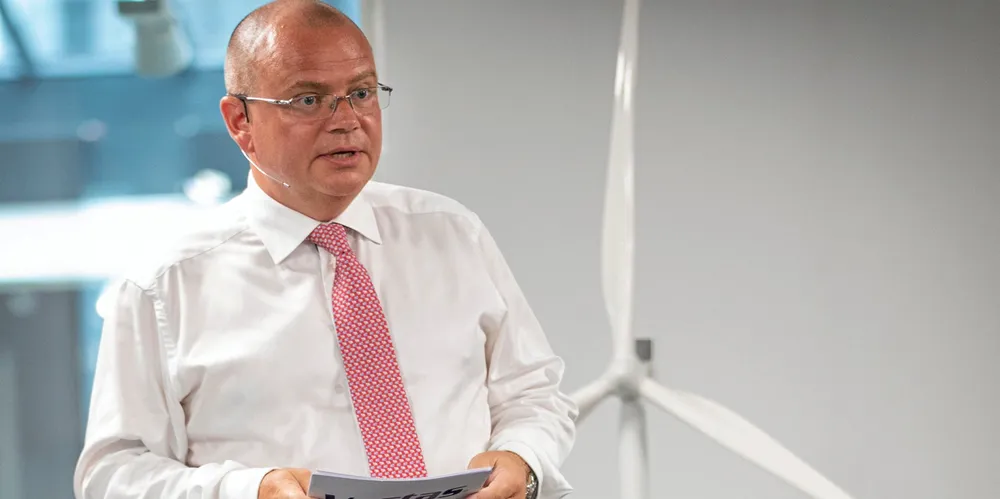'EU actions only address energy crisis symptoms – we need renewables to break this vicious cycle': Vestas CEO
OPINION | Short-term action to tackle fossil fuel-led price volatility must not be allowed to dampen investment in wind and other green energy sources that are the only long-term solution, writes Henrik Andersen
